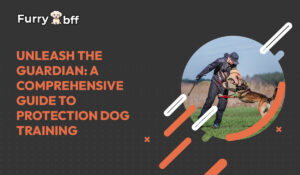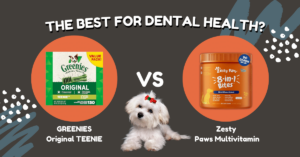Being a responsible proprietor of a dog entails an innate understanding of how to appropriately cater to the unique requirements of your diminutive and allergy-prone companion. These cuddly cohorts demand exceptional attention with regard to nourishment, sanitation, physical activity, and medical treatment due to their minuscule build and hypersensitivities.
Grooming
Consistent upkeep is an indispensable prerequisite for small and hypoallergenic canines as their hair continues to grow incessantly. Brushing their coat regularly is crucial, as it removes dirt, knots, and mats that can potentially cause skin irritation. Additionally, it is imperative to trim the hair around their eyes, ears, and paws to avoid infections.
Bathing your dog at least once a month is of utmost importance. Mild shampoo and warm water should be used, and it is critical to rinse meticulously to prevent skin irritation. Furthermore, being cautious to avoid water from entering your dog’s ears is paramount as it can lead to infections.
Feeding
Adequate nourishment is paramount for the well-being of small and hypoallergenic dogs. These companions require top-quality protein sources, and choosing dog food that lists meat as the primary ingredient is crucial. Furthermore, you should steer clear of dog food that contains grains and artificial additives that may trigger allergic reactions.
Your dog’s diet should also comprise essential vitamins and minerals such as vitamins A, B, C, and E. Supplementing their diet with fresh fruits and vegetables is also a wise decision, as these are rich in vital nutrients.
Exercise
Small and hypoallergenic dogs are active and relish playing, so daily physical activity is vital. Take your dog for a walk, play fetch, or engage in other activities that get them moving. However, caution must be exercised to prevent over-exertion as their petite size increases their susceptibility to injury.
Healthcare
Consistent visits to the veterinarian are necessary to ensure your dog’s well-being. Small and hypoallergenic dogs necessitate vaccinations and regular checkups to prevent and manage illnesses.
Additionally, it is imperative to be on the lookout for any signs of illness such as coughing, sneezing, vomiting, or diarrhea. If you observe any of these symptoms, take your dog to the vet immediately.
In conclusion, caring for small and hypoallergenic dogs is an exacting task. By ensuring that they are adequately groomed, nourished, exercised, and provided with healthcare, you can ensure that your fluffy companion remains happy and healthy.









